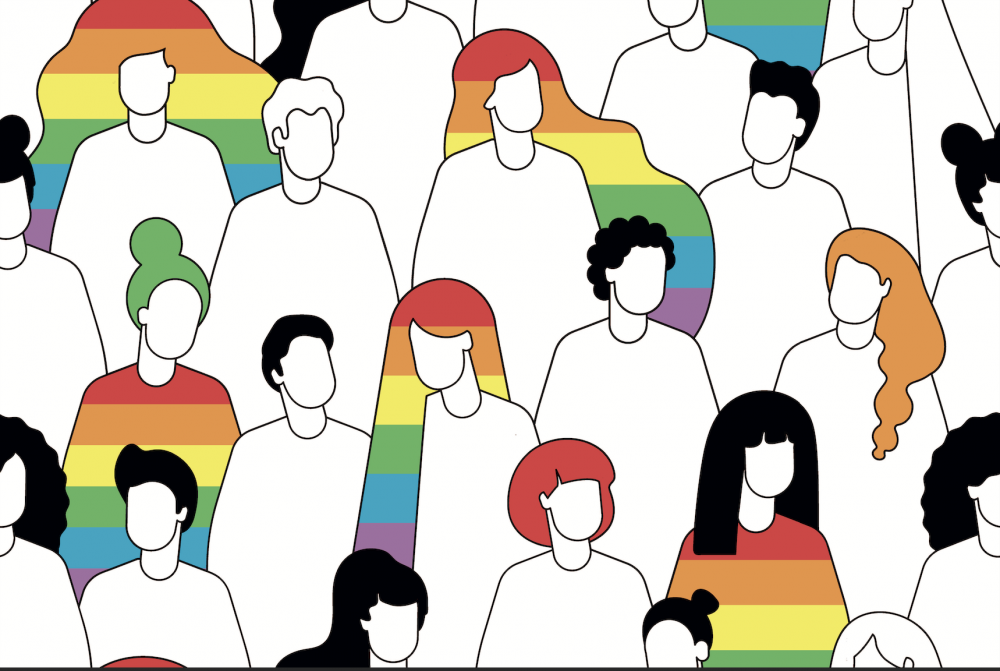
What are the causes and driving forces of the unprecedented politicization of gender that we see across most contemporary societies – and what are the consequences for public health and democracy? This is the focus of the “Gender Trouble” project. It starts from the realization that the politicization of gender is a profoundly ‘glocal’ phenomenon in that developments in different parts of the world are interwoven, yet play out differently, with distinctive effects in each context. Our investigations span South Africa, Uganda, Tunisia, Brazil, India, Norway, and Spain.
Two types of consequences of the politicization of gender are emerging as particularly salient: the social implications in the domain of public health, and the political implications for democracy as politicization of “gender ideology” plays into polarization and autocratization processes. To understand these dynamics, the project will examine a range of issues variably politicized as “gender ideology”. These include seemingly distinct issues such as sexual orientation, gender identity, abortion, sex education, domestic violence, access to contraception and infertility treatment. Which issues are most salient vary across countries and over time, yet in many cases they seem to be manifestations of common underlying ideological contestations. To understand the driving forces, and the consequences for public health and democracy, we assume that it is insufficient to analyse each manifestation in isolation – by country and/or issue area – as it usually done. We must also understand the ways in which local, transnational, and global dynamics are interlinked, as well as interlinkages across policy fields.
This requires collaboration among scholars with deep contextual knowledge of the different cases and transnational dynamics, and diverse disciplinary perspectives and methodologies. Hence the team includes scholars from law, political science, and public health, and from five continents. To analyse dynamics within and across the seven focus countries scholars are drawn from eight universities and three research institutions: Universidade Federal de Minas Gerais, and Fundacão Getulio Vargas in Brazil; University of Pretoria in South Africa; University of Lausanne in Switzerland; the Universidad Internacional de Andalucia in Spain; the European University Institute in Italy; the University of Ghent In Belgium; and the University of Bergen, the Christian Michelsen Institute and LawTransform in Norway .
Through desk research and cross-case analysis at digital and in-person workshops, we aim to establish a close-knit research group with a joint project that can serve as the basis for ambitious, multi-sited, and interdisciplinary research that takes forward the WUN research agendas on public health and understanding cultures. Furthermore, the research should enable policymakers, practitioners and citizens to better address challenges arising from the politicization of gender, thus advancing SDGs 3, 4, 10. To facilitate this, we will organize a public seminar and write briefs/blog posts to communicate key findings.